Celebrating International School Meals Day
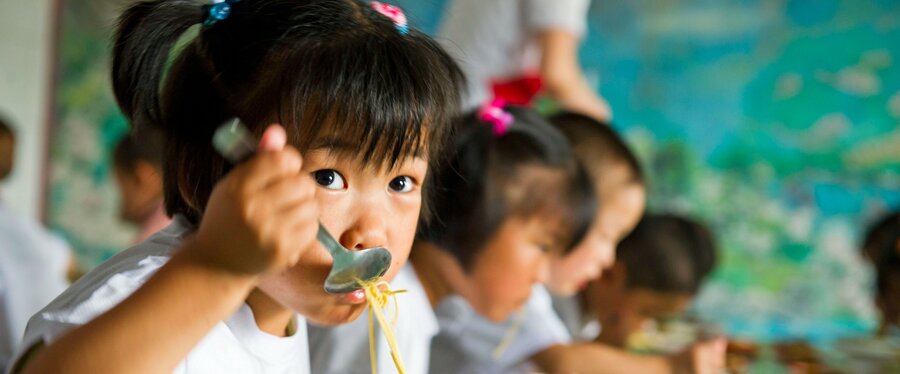
Every day, 370 million children around the world receive food at school provided by their governments. Governments invest in school meals because they are a powerful tool in efforts to reach Zero Hunger, helping to ensure every child has access to education, health and nutrition. International School Meals Day, on Thursday 9 March, aims to raise awareness of good nutrition for all children regardless of their circumstances.
In 2015, the World Food Programme (WFP) provided school meals or take-home rations to 17.4 million children in some 63,000 schools. Programmes vary from country to country. They consist of snacks, meals, rations for children to take home to their families, and conditional cash transfers, or a combination of these.
Here are examples of WFP's work in this area:
Nepal: School Meals Help Nourish a Love of Learning
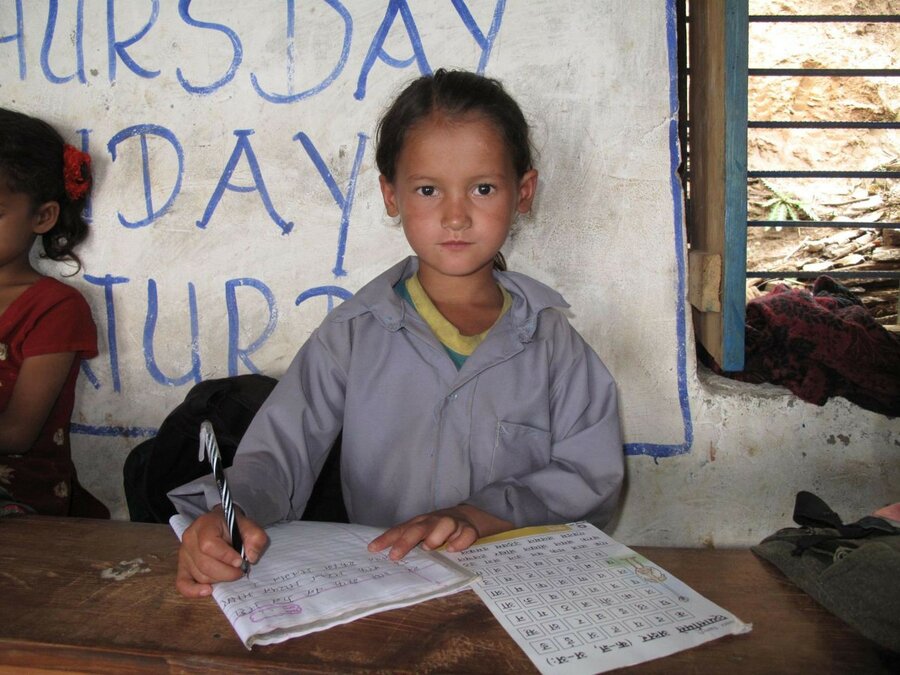
For children like Smriti, benefiting from regular school meals means getting nutritious meals and staying in school are two fewer challenges to worry about. Read more
Ecuador: Ending Hunger for the Scientists of Tomorrow
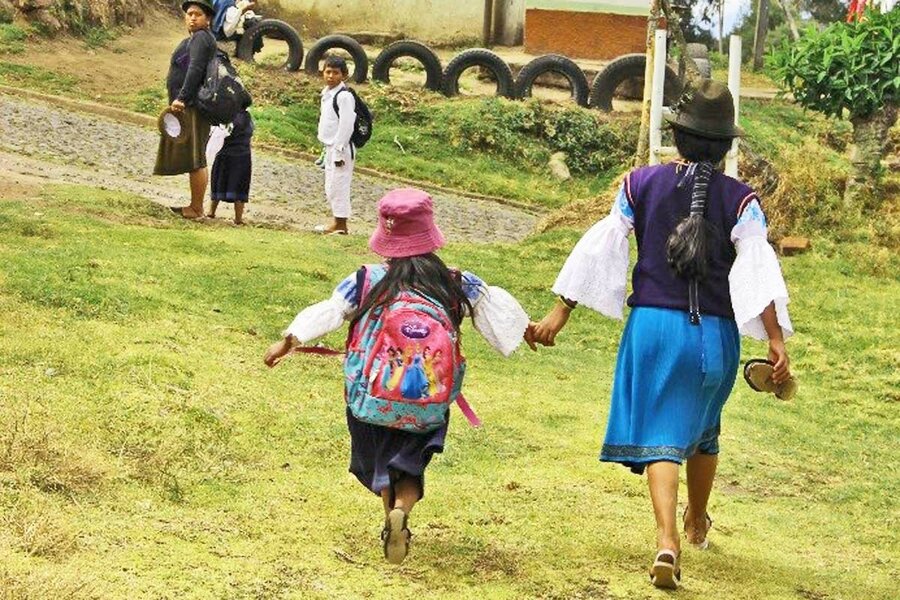
Since benefiting from WFP food assistance, Ecuadorian schoolgirl Melany Cuasque is optimistic about what the future holds. Read more
Making home-grown meals in Bhutan
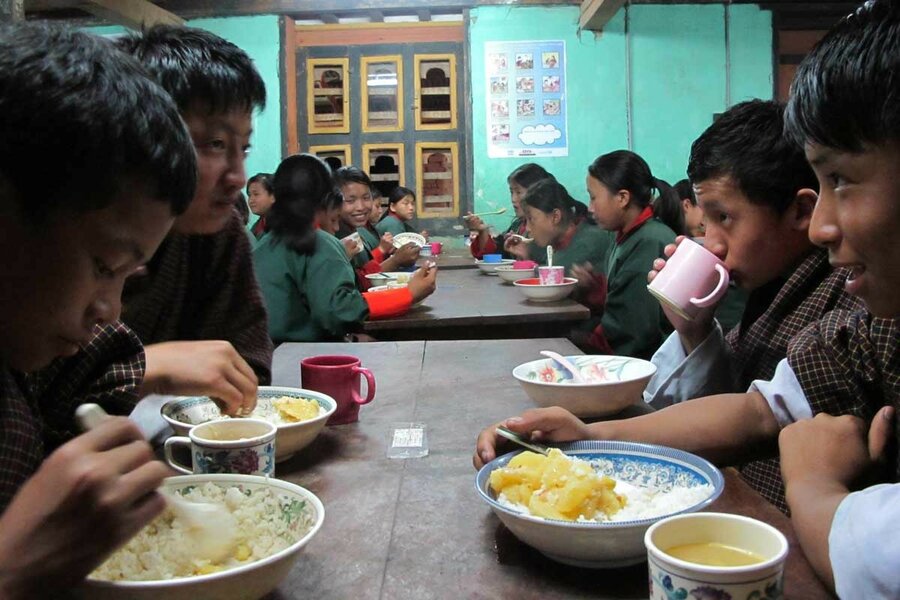
WFP has been working with the government of Bhutan for 40 years, and originally helped to set up the school meals programme. Now it is gradually phasing out support as the government takes over the management. Read more
In Egypt, E-Vouchers Give Families Freedom of Choice
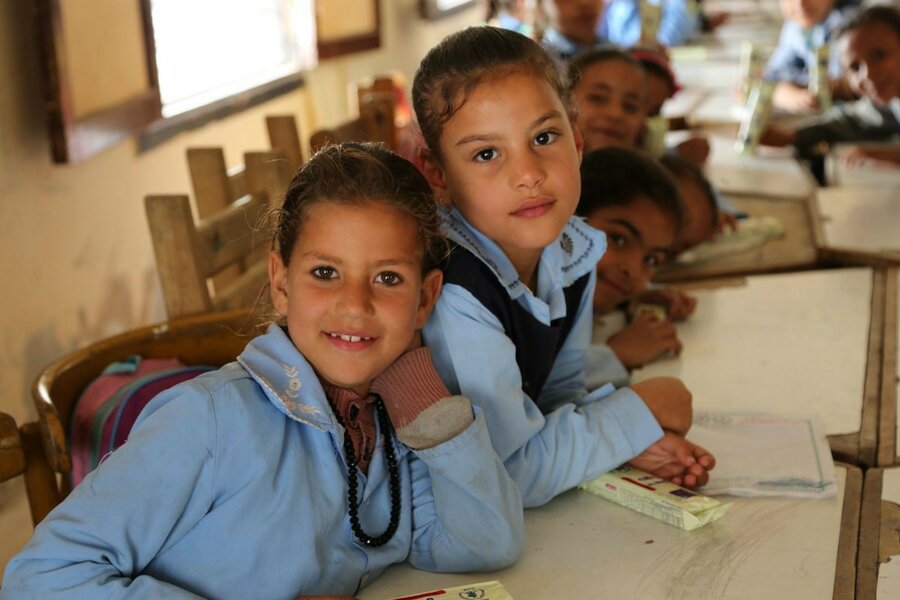
In Egypt, students begin a new school year with their families looking forward to WFP's e-vouchers that were introduced in 2015. Read more
From Field to Table: Follow The Food In Haitian Home-Grown School Meals In 10 Steps
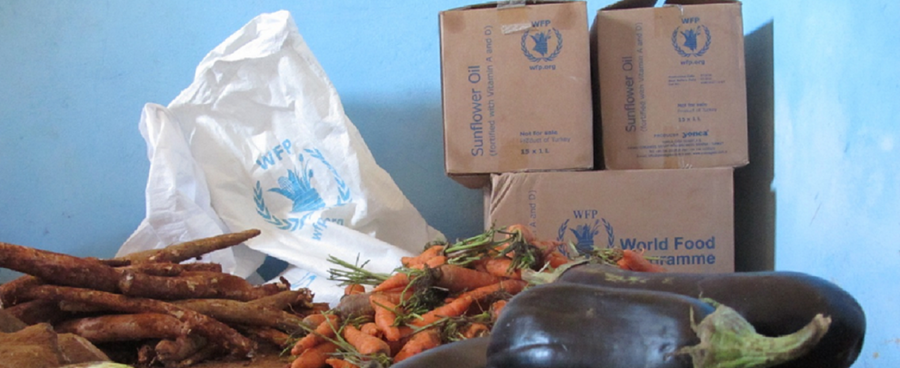
In Haiti, WFP seeks the integration of locally produced, seasonally available food into school meal menus. Read more
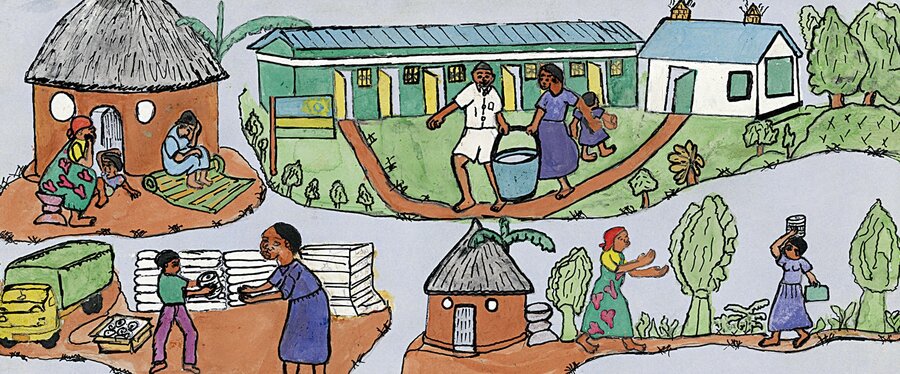
Celebrating School Meals in Africa
WFP joined with the African Union to mark the second Africa Day of School Feeding on Wednesday 1 March 2017. WFP partners with governments on school meals programmes in 41 African nations. Here are some examples of the work WFP has been doing in the field.
School meals just got better in The Gambia
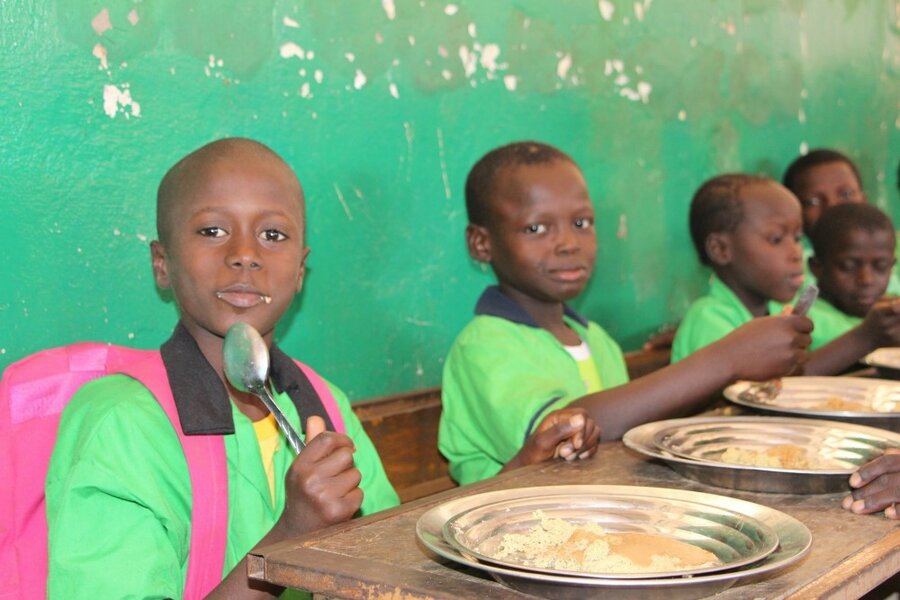
Through the assistance of the European Union, WFP is promoting a pilot cash-based transfer in 24 schools across the Gambia through the Community and caterer cash transfer models to improve community participation and ownership. Read more
In Guinea, WFP Supports Women Farmers to Produce More to Feed and Educate their Children
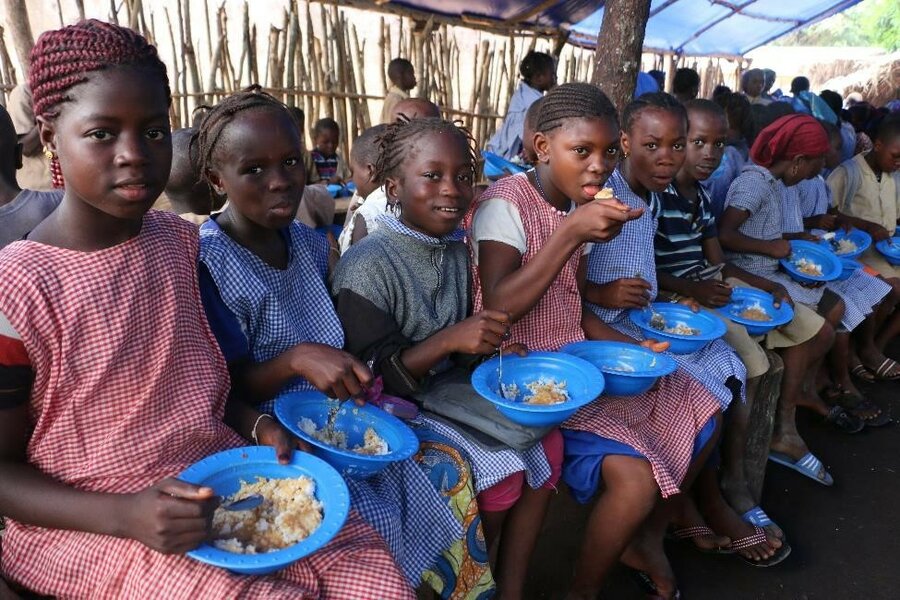
WFP is implementing a "Home-Grown School Feeding" pilot in 281 schools in Forest Guinea. Funded by the Japan International Cooperation Agency (JICA), this initiative supports smallholder farmers particularly women to produce rice and fresh vegetables that are locally purchased and supplied to the schools to feed school children in most food insecure areas of the country. Read more
Namibia to Expand its School Feeding Programme
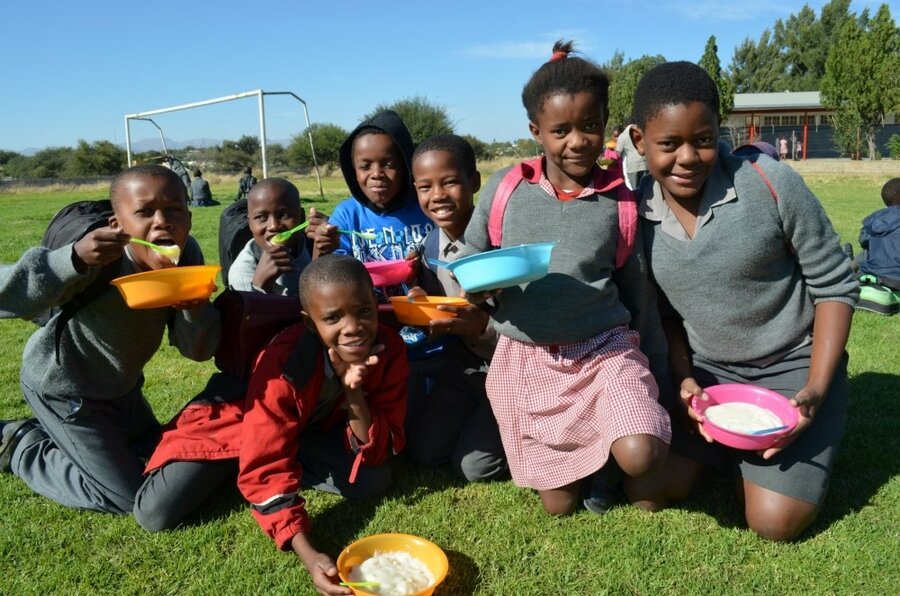
Amid worsening hunger triggered by the effects of El Niño-related drought, Namibia is investing in the expansion of its National School Feeding programme to ensure more learners receive nutritious meals and stay in school. Read more
Smokeless Stoves Cook School Meals in Zambia
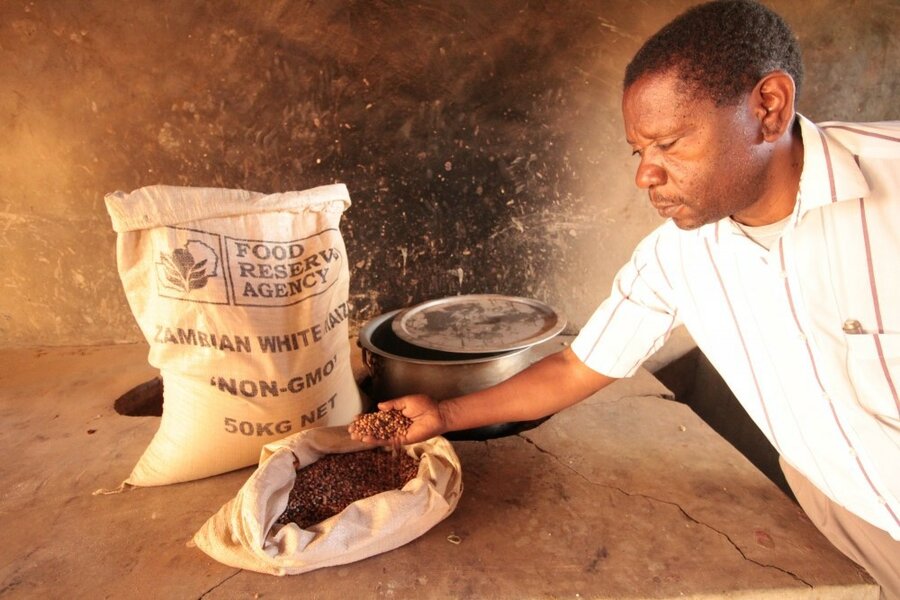
Bulungu Combined School — just outside Mumbwa town in Zambia's Central Province — uses adapted stoves that reduce the amount of firewood required to cook school meals for the pupils, and the amount of smoke. Read more
WFP Meals Relieve Hunger As Children Return To Class After Fighting in Juba
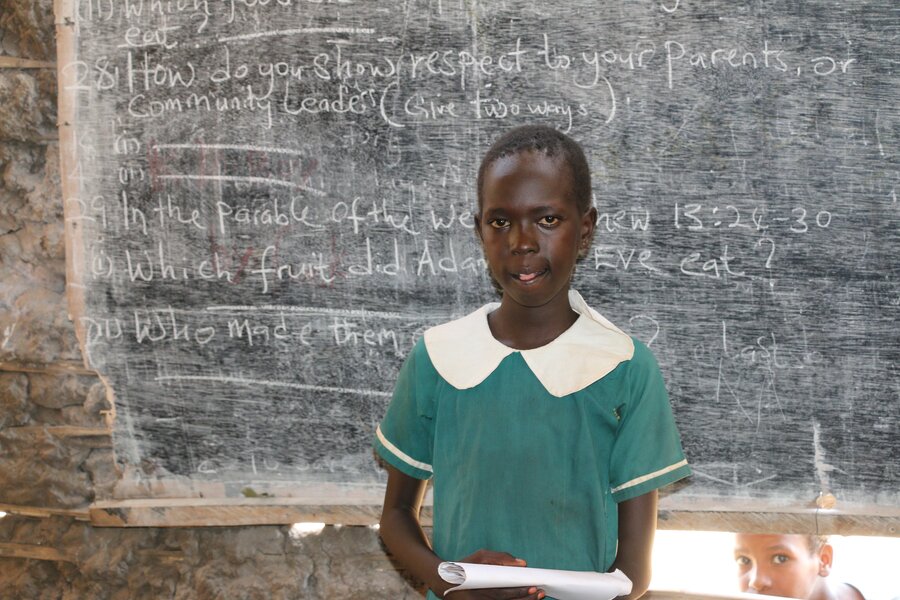
School meals have become the only assured source of food for many children in Juba, South Sudan's capital. Read more
Increasing the Impact of School Meals in Rwanda
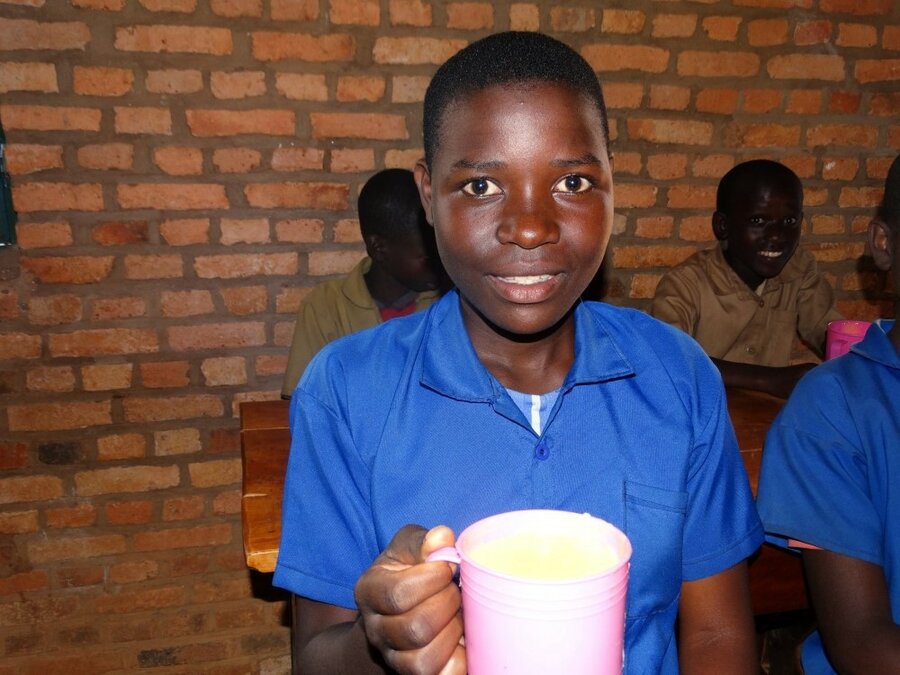
In the poorest and most food insecure districts of Rwanda school meals are a lifeline for many families. A daily school meal provides a strong incentive to send children to school and keep them there (especially girls), it helps to increase school enrolment and attendance, decrease drop-out rates, and improve learning. Read more
Strengthened partnership, more yoghurt-based school meals in Burkina Faso
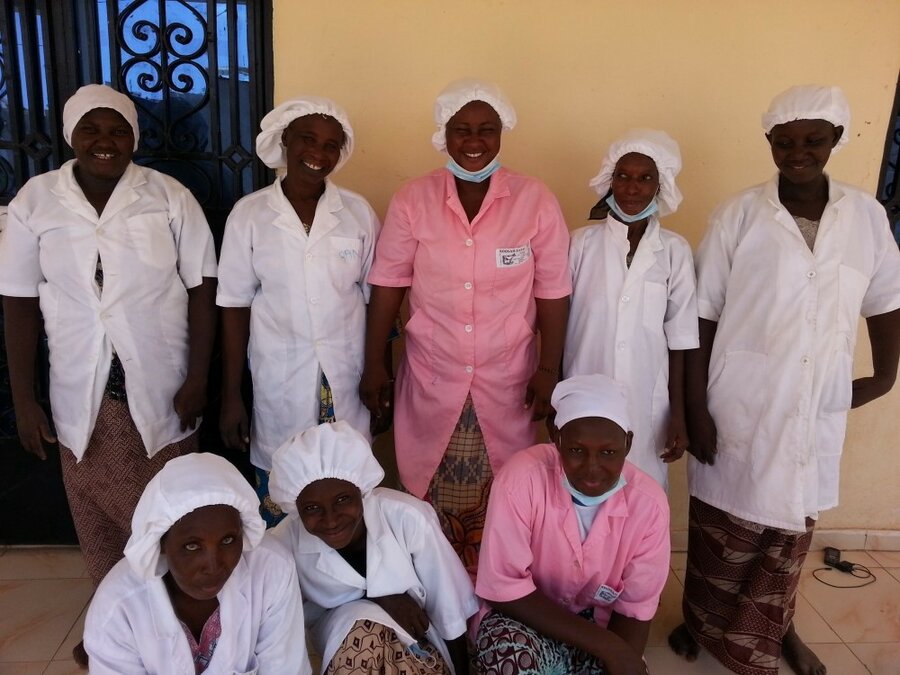
Kossam Saye Seno (KSS), a group of women farmers in Dori, the Sahel region's capital, partners with WFP to reach Zero Hunger in Burkina Faso by supplying local yogurt to nearly 3,000 schoolchildren. Read more
